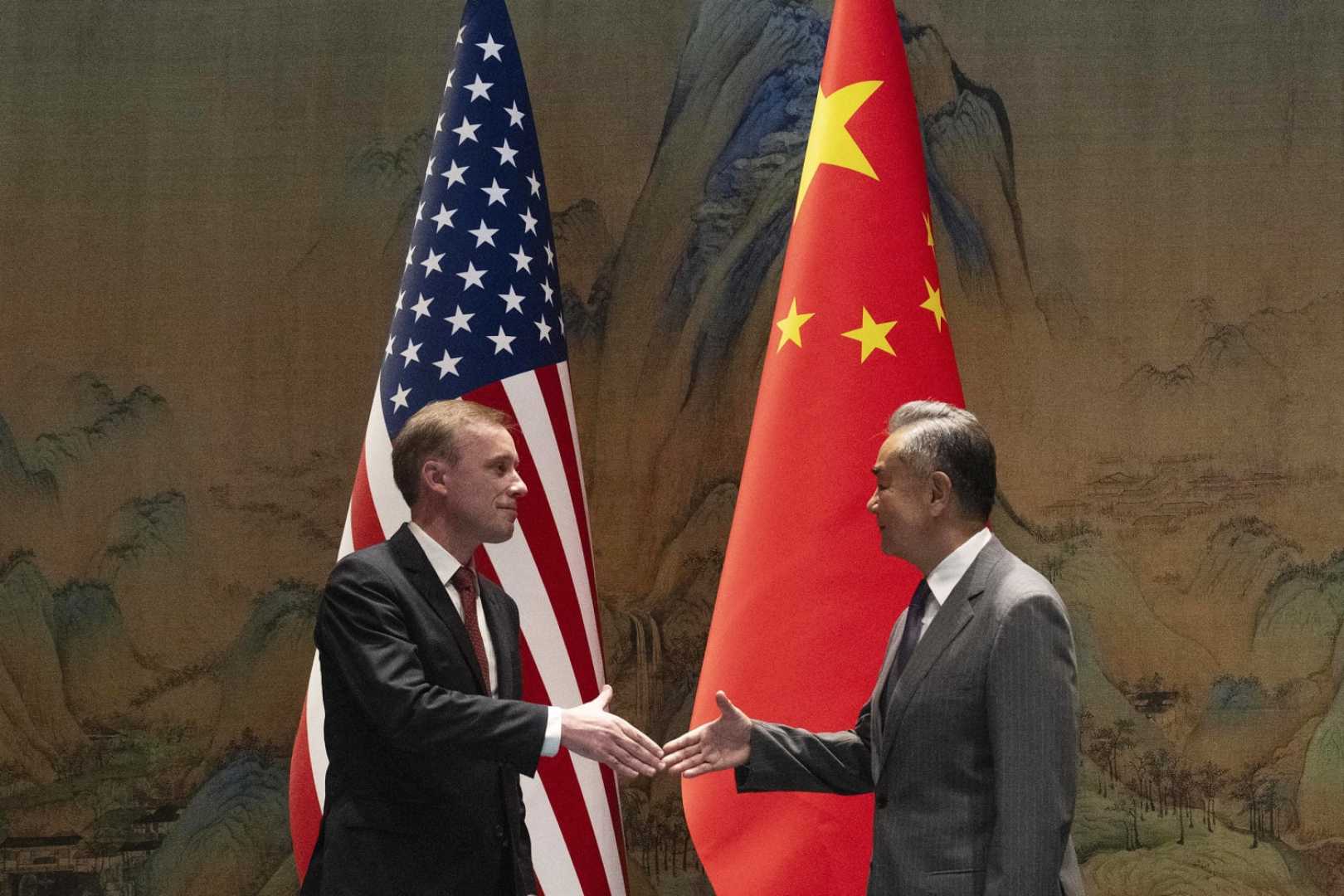News
National Security Advisors in the Spotlight: Global Tensions and Upcoming Debates

In the midst of escalating global tensions, national security advisors from various countries are playing crucial roles in shaping international policies and responses to emerging threats. Recently, Ali Akbar Ahmadian, the Secretary of the Supreme National Security Council of Iran, met with Qasim al-Araji, Iraq‘s National Security Advisor, to discuss bilateral security issues and regional stability.
In the United States, the Biden administration is gearing up for a pivotal debate between President Joe Biden and former President Donald Trump, with foreign policy expected to be a central theme. The Biden campaign is preparing to counter potential misleading claims from Trump, particularly regarding Biden’s stance on Iran and China. Biden’s team will highlight his tough stance on Iran through sanctions and defend his policies aimed at supporting U.S. industry, such as the CHIPS Act and the Inflation Reduction Act.
The debate is also anticipated to touch on the ongoing conflict between Ukraine and Russia, with Biden likely to emphasize his efforts in restoring America’s global standing. Additionally, the U.S. and Israel are considering sending Patriot air defense systems to Ukraine to bolster its defenses, a move that underscores the critical role of national security advisors in coordinating international responses to conflicts.
Meanwhile, North Korea‘s recent test of technology for launching multiple nuclear warheads has raised significant alarms in the international community. This development, coupled with North Korea’s deepening ties with Russia, highlights the complex and evolving nature of global security threats that national security advisors must address.
The surge in threats against judges, officials, and migrants related to immigration issues in the U.S. further underscores the domestic and international challenges that national security advisors face. These threats reflect heightened tensions and the potential for violence driven by perceptions of government inadequacy and inflammatory rhetoric.












